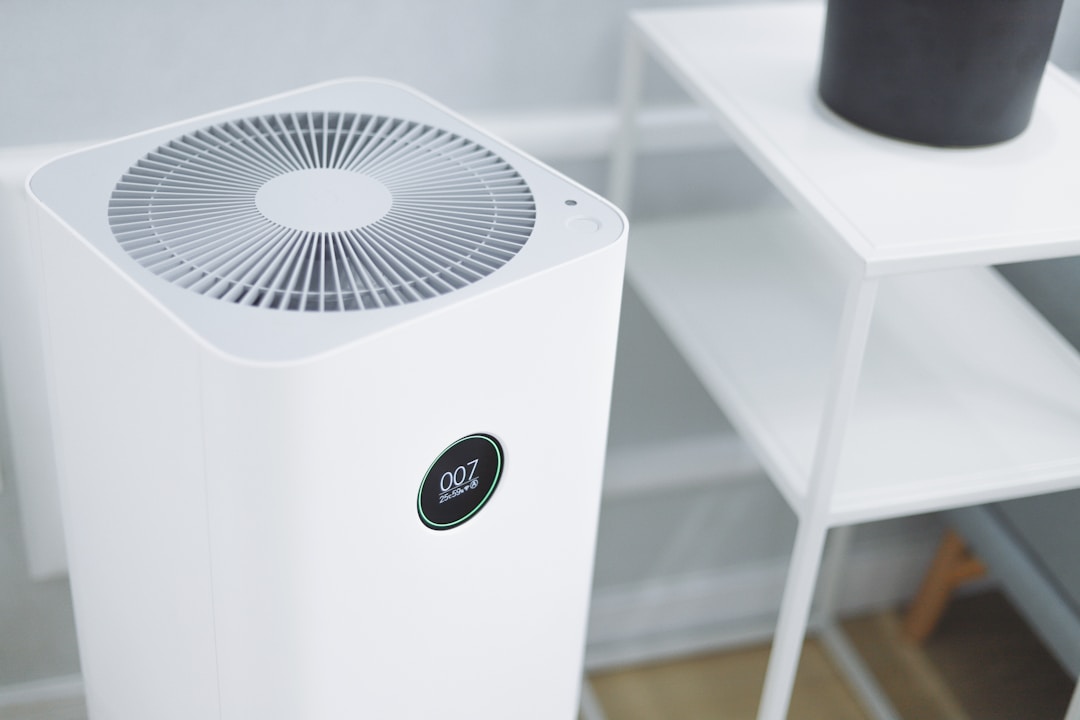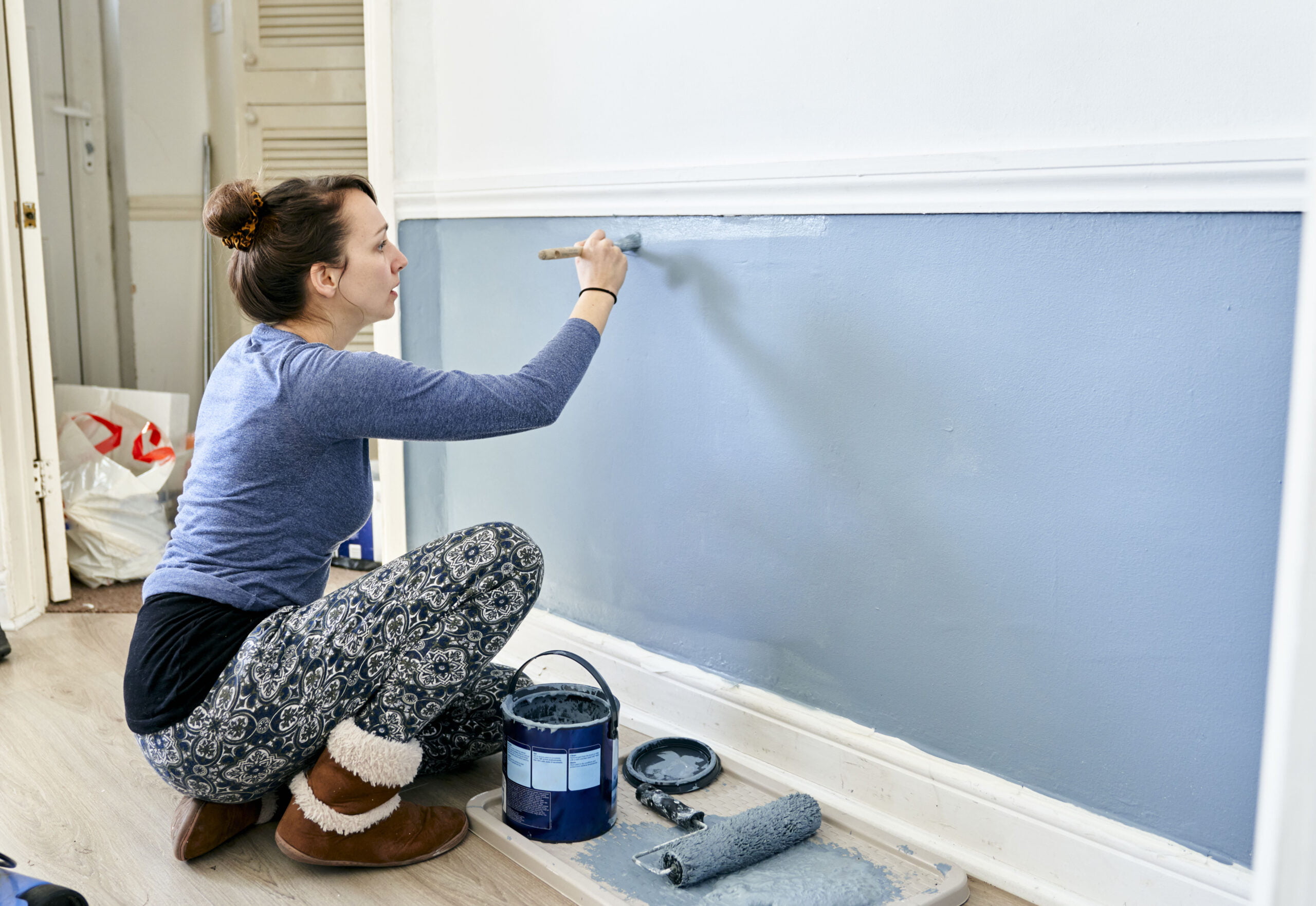Insulation is a required part of maintaining a comfortable indoor environment in homes. Proper insulation can significantly enhance the performance of an air conditioning unit and contribute to energy savings. An efficient air conditioning system is vital in households as it maintains comfortable indoor temperatures and humidity levels. In this article, we will discuss the importance of insulation in improving home AC performance and saving energy.
Enhancing Home AC Performance

An air conditioning unit has to work harder to maintain comfortable temperatures in a poorly insulated home. This can cause stress on the system, resulting in increased energy consumption and wear and tear. Installing proper insulation reduces the load on the air conditioning system and enhances its performance and efficiency. A properly insulated home will also benefit from reduced noise levels. The insulation materials can dampen sound, making the indoors quieter and more comfortable.
Homeowners can seek professional help from companies like Fresh Air Heating & Cooling to assess the insulation requirements of their homes and install the most suitable insulation materials. This can improve the airflow and efficiency of the air conditioning system while providing energy savings for the homeowner. They will be able to inspect your system for problems, change your air filter if necessary, and let you know if your system is in need of repair or replacement. You should have your system inspected annually and change the filters at least once every 90 days.
The Science Behind Insulation
A well-insulated home can effectively slow down the transfer of heat between the interior and exterior environment. Insulation acts as a barrier, preventing hot air from entering a home in the summer season, and keeping warm air inside during the colder months. This heat transfer reduction results in less energy consumption by the air conditioning system and reduced energy bills for homeowners. There are different types of insulation available in the market, such as fiberglass batts, mineral wool, cellulose, and spray foam insulation.
Each type has its advantages and disadvantages, but all of them contribute to an energy-efficient home. It is crucial to determine the appropriate insulation for specific areas of the house to optimize AC performance and energy savings. A critical aspect to consider when selecting and installing insulation is the R-value, which measures the insulation’s resistance to heat flow. A higher R-value signifies better insulation and greater energy efficiency. Proper installation of insulation with the correct R-value can enhance the performance of an air conditioning unit and reduce energy bills.
Reducing Energy Consumption and Costs

Improving a home’s insulation can directly impact energy efficiency and energy bill savings. By reducing the heat transfer between the indoor and outdoor environment, insulation keeps the home cool in summer and warm in winter, translating to less frequent air conditioning usage. The decreased demands on the air conditioning system lead to lower energy consumption and reduced energy costs. Adding insulation can also increase the value of a home.
An energy-efficient home with a properly installed insulation system will be more attractive to potential buyers when it comes time to sell. Investing in insulation upgrades delivers a positive return on investment by reducing energy costs and increasing a home’s market value. Moreover, efficient insulation creates an environmentally friendly household. Reduced energy consumption means less dependence on natural resources to produce electricity, which can contribute to reducing greenhouse gas emissions and carbon footprint.
Maintaining the Insulation System

Once the right type of insulation has been installed, maintain it regularly to ensure continuous performance. Routinely checking for moisture build-up, physical damage, or signs of pest infiltration can enable homeowners to identify issues that can compromise the insulation’s effectiveness. Seal any gaps and cracks found in the home’s exterior and interior to prevent drafts and heat loss. Sealing these areas will not only improve insulation performance but also prevent moisture issues that can lead to mold, mildew, and structural damage. You should also check for cracks and gaps in windows and doors, which can also cause heat loss.
Additionally, properly maintaining the home’s ventilation system can contribute to improved indoor air quality and energy savings. Replacing damaged insulation promptly and ensuring all insulation components are in good condition will ensure consistent energy savings and optimal home AC performance. Consulting with professionals to discuss maintenance plans and practices will help homeowners achieve the best possible insulation system performance.
As you can see, insulation plays a major role in enhancing home AC performance and conserving energy. Investing in proper insulation and maintaining it regularly will ensure a comfortable and affordable home, improve indoor air quality, and contribute to a greener environment. If you follow the advice in this article, then you’ll be able to maintain a cozy and temperate environment inside your home for years to come.





